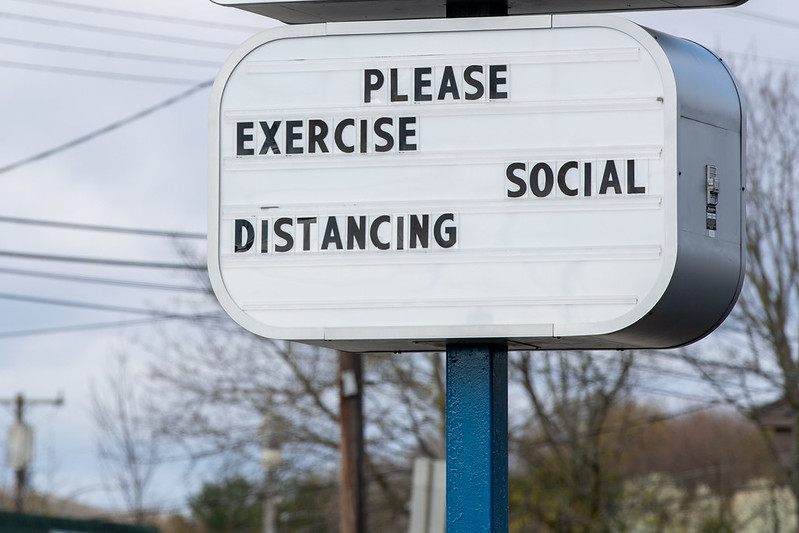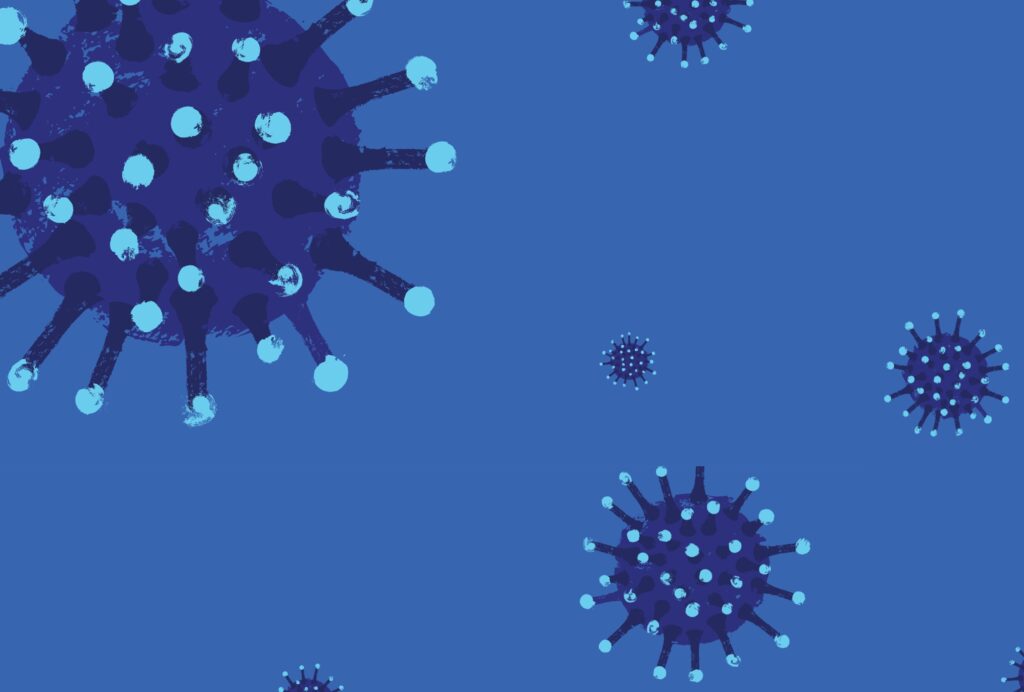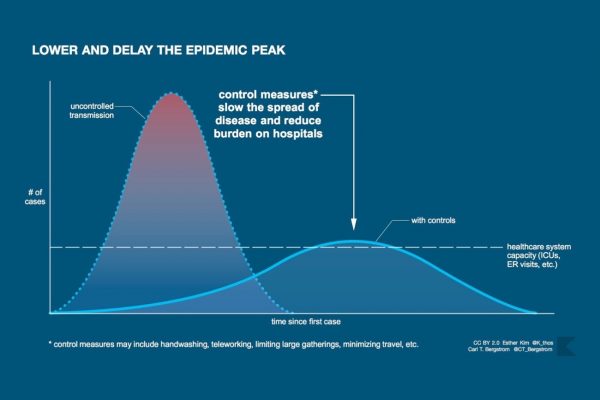Among the many dimensions of the COVID-19 pandemic is the relationship between science and policy. How does scientific research inform decision making? What forms of evidence do epidemiologists and other scientists use to recommend policy? What role do mathematical models play in guiding government action? And how should scientific and policy disagreements be weighed in the face of urgency and uncertainty?
This ongoing series of essays draws together reflections by leading scientists and philosophers of science on these fundamental issues of public health practice in a time of crisis.
- Natalie Dean, "Steps to a Better COVID-19 Response" (July 30)
There’s no silver bullet, but local experiments and global experiences can help us control the pandemic. - Trisha Greenhalgh, "Will Evidence-Based Medicine Survive COVID-19?" (May 29)
The UK government’s ultra-cautious approach to “evidence-based” policy has helped cast doubt on public health interventions. The definition of good medical and public health practice must be urgently updated.
- Jonathan Fuller, "Models v. Evidence" (May 5)
COVID-19 has revealed a contest between two competing philosophies of scientific knowledge. To manage the crisis, we must draw on both.
- response by Marc Lipsitch, "Good Science Is Good Science" (May 12)
For the sake of both science and action in the COVID-19 pandemic, we need collaboration among specialists, not sects.
- response by John P. A. Ioannidis, "The Totality of the Evidence" (May 26)
As policymakers debate the right response to COVID-19, they must take seriously the harms of pandemic policies, not just their benefits.
- final response by Jonathan Fuller, "From Pandemic Facts to Pandemic Policies" (June 2)
It is not only the scientific facts—including the grim death toll—that are at issue, but also the less often discussed relationship between science and decision-making, where values inevitably play a role.
- response by Marc Lipsitch, "Good Science Is Good Science" (May 12)
- Jonathan White, "Technocracy After COVID-19" (April 27)
Technocracy-as-science suits stable times, when the real world can passably resemble the laboratory. Emergencies disrupt this norm, since actions must be taken quickly, before all the evidence is in.
- Sarah Burgard and Lucie Kalousova, "Recessions often improve population health, but COVID-19 may be different" (April 15)
Mortality rates typically fall during economic downturns. But the unprecedented features of the COVID-19 shutdown suggest that trend might not hold this time.










